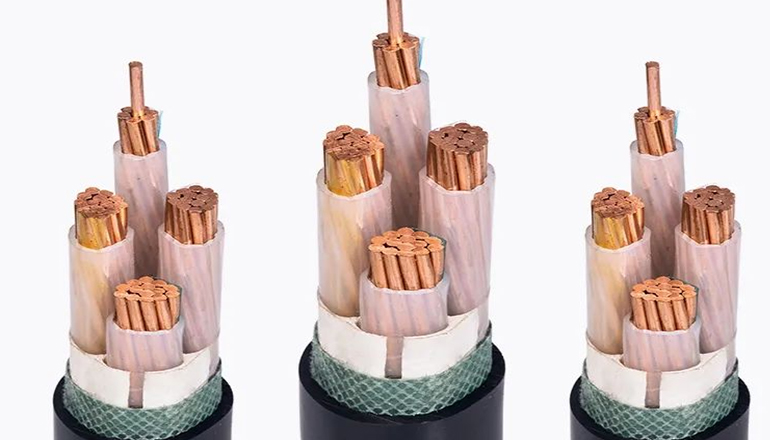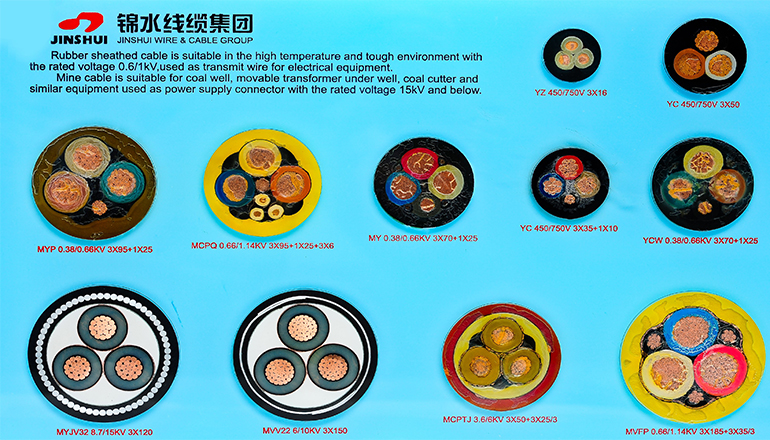- Offices Time:24 Hours Online
- Email:[email protected]
- WhatsApp:+8618339938759
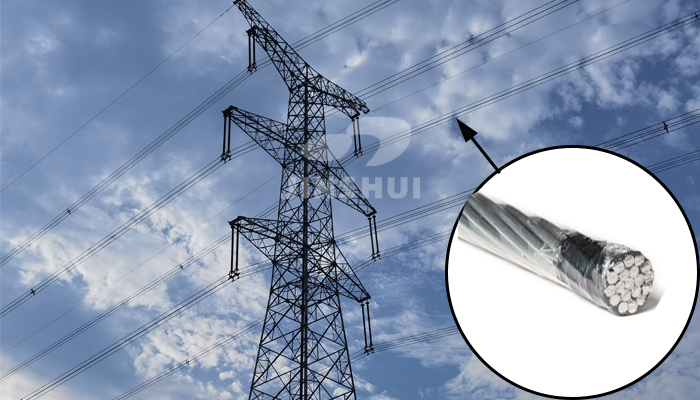
Posted on September 13, 2023
Will Bare high-voltage conductor leak electricity on rainy days?
The voltage of the wires in our homes is only 220V. As long as they are wrapped with a thin layer of insulation to prevent contact with live wires, electric shock can be prevented.
Why are high voltage conductor not insulated?
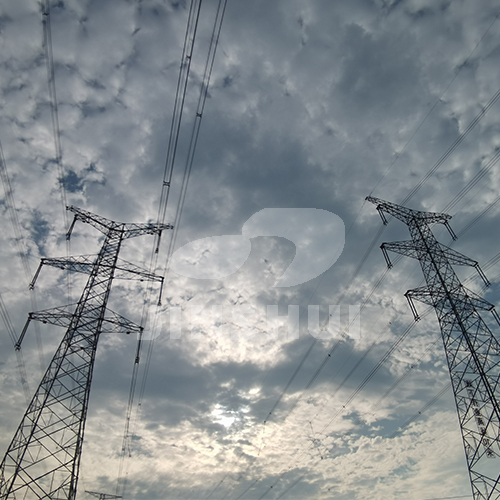
But high-voltage equipment is different. If a person stands at a certain distance from the high-voltage equipment, even if he does not touch it, he will still get an electric shock. The voltage of high-voltage conductor is generally above 10,000 volts. If the line is to be insulated, the thickness of the ordinary insulation layer is far from enough. The role of insulator for high-voltage conductor is almost negligible. Because in the face of strong high voltage, air can also conduct electricity. For example, a high voltage of 10 kilovolts can penetrate more than 1cm of air to conduct electricity. At this time, the general insulation layer has no effect.
The insulation layer required for high-voltage circuits is much thicker than that required for household circuits, which will not only increase the cost, but also require more technology. Moreover, the weight of wires with added insulation will also increase a lot, so the span of the line will be greatly reduced, which also increases the difficulty of construction. For example, in remote areas or places with rugged roads, construction will be even more difficult.
Assuming that the above is true, even if the high-voltage conductor line is successfully insulated, it will still cause poor heat dissipation. Poor heat dissipation will increase power consumption. An insulating layer that is too thick will lead to poor heat dissipation, so the current carrying capacity needs to be reduced accordingly. From this aspect, it also increases consumption.
The only danger of bare high-voltage conductor is that if they break and fall on the ground or a building, there will be a great risk of electric shock. The safe way is to keep a distance of at least 20 meters from it to prevent electric shock accidents. As long as outdoor overhead lines are erected to a certain height and there are no buildings under or nearby the overhead lines, whether it is high voltage or low voltage, they are all used. Bare conductors can reduce construction costs. With sufficient safety distance, the probability of electric shock accidents is extremely small. There is no need to use wires with insulation.
Will overhead conductors conduct electricity when it rains?
Although rainwater conducts electricity, it is not connected. The raindrops we see are actually the afterimages left in our eyes by the rain falling too fast. Rain is actually drop by drop, and there is a large air gap between them, so the rain is not conductive. Since there is no complete circuit between the high-voltage line and the ground, high-voltage electricity will not be introduced into the ground through raindrops, causing a short circuit, so it will not hurt people.
There is a ceramic insulator between the high-voltage conductor and the tower, with a smooth surface that will not allow water to accumulate. The insulator’s voltage withstand margin is very sufficient, and its disk-shaped structure greatly increases the arc creepage. In fact, insulators are not afraid of rain getting wet. On the contrary, rain can clean the conductive dust on them.
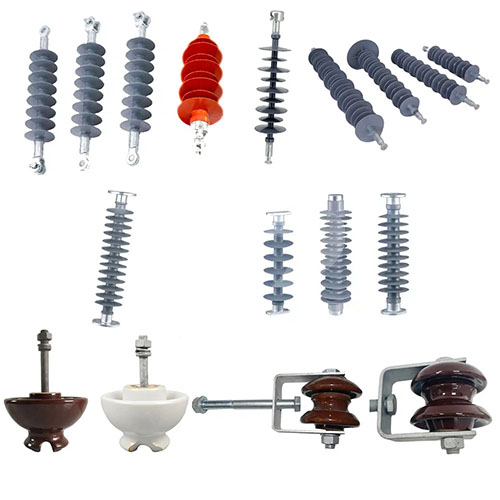
The general public has few opportunities to come into contact with voltages above 10kV, and electric shock accidents at voltages above 10kV rarely occur. Therefore, there is no need to use insulated wires for such high-voltage lines.
Post categories
Most Popular Posts
-
The 136th Canton Fair welcomes you to participate!
October 12, 2024 -
High temperature cable introduction
July 26, 2024 -
Kenya Power and Energy Exhibition 2024
June 11, 2024 -
Introduction of rubber sheathed cable
June 5, 2024



